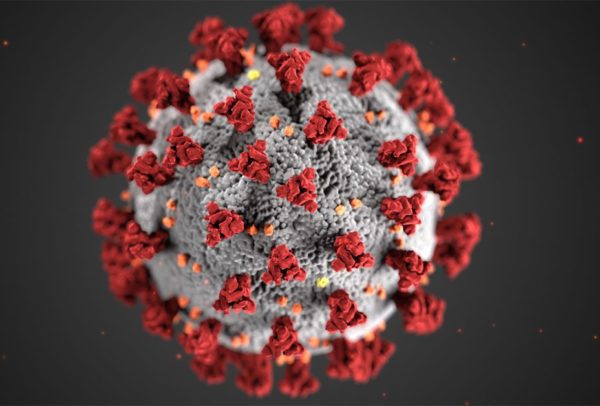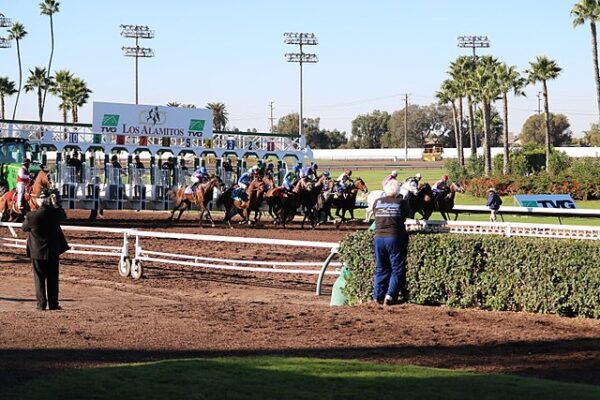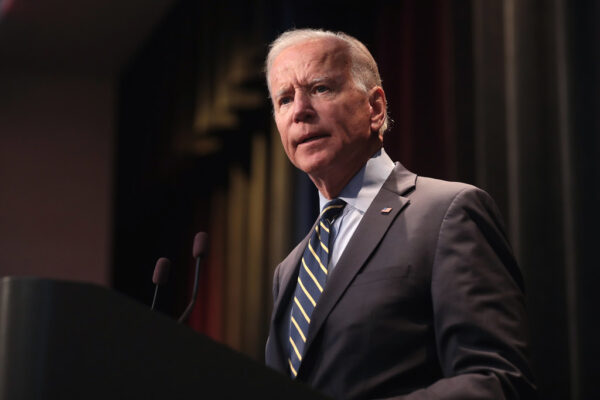The Board of Supervisors Tuesday tentatively approved a series of proposed changes to Riverside County’s commercial cannabis ordinance, establishing avenues for the revocation of licenses due to non-operation, loosening regulations on signage and permitting marijuana manufacturing in previously restricted zones.
The proposed changes to Ordinance No. 348, the “Commercial Cannabis Activities” regulatory apparatus, were prompted by requests from different supervisors, as well as changes in state policies. The 5-0 vote Tuesday followed a first reading of the amendments. Another vote is scheduled before the end of the month to formally approve the revised ordinance.
One of the most significant adjustments to the ordinance was instigated by board Chairman Kevin Jeffries, who has repeatedly expressed dissatisfaction with cannabis operators that have received county licenses and reached development agreements locally but have not made any progress toward opening their doors.
The chairman’s frustrations have stemmed, in part, from a stipulation that operators be at least 1,000 feet apart. When a permit-holder has been granted the freedom to begin a sales or distribution business but doesn’t move forward, allowing the site to languish, other prospective operators are prevented from establishing their outlets there due to the buffer zone requirement.
“I’m looking for a way to kick them in the butt,” Jeffries said ahead of Tuesday’s vote.
Transportation & Land Management Agency officials said that one of the problems has been some operators acquire their county permits but delay obtaining their cannabis sales licenses from the state.
“They must make an effort to file with the state,” Supervisor Karen Spiegel said.
Based on a combined motion from her and Supervisor Chuck Washington, an amendment to the ordinance was added stating that operators must submit applications to the California Department of Cannabis Control within 60 days of obtaining a conditional use permit from the county. There was no deadline set for when the state processes and approves or denies an application, which TLMA officials acknowledged can take almost a year.
The revised ordinance would allow a permit to be revoked if a “certificate of occupancy (for a sales or distribution site) has not been obtained within two years of obtaining an approved conditional use permit.”
A provision sought by Supervisor Karen Spiegel was that cannabis operators have a minimum of 15 parking spaces — or alternately one space per 200 square feet of building area — available, where prior requirements were less stringent. Spiegel in 2021 contended with a controversial cannabis dispensary in the community of Coronita, an unincorporated area situated virtually inside the city of Corona, where many residents complained about traffic going in and out of the site.
Another modification to the ordinance relates to where differently classified cannabis manufacturers can legally operate, based on a recent policy implemented by the CDCC.
Currently, manufacturers that conduct “infusion of oils and other product add-ons” are restricted to operating in areas zoned only for light industry, as are manufacturers engaged in “packing and repackaging of products.” The board voted to align with the state, permitting these activities in areas zoned for commercial activity, not just industrial.
The supervisors also said yes to permitting outlets to utilize “illuminated wall signs” outside their establishments. There has been a prohibition on electrified signage, but TLMA asked to dispense with the restriction and instead only require cannabis operators to abide by “the county’s standard signage requirements for a commercial business, which includes lighted signs.”
Since 2020, the board has granted 23 conditional use permits for cannabis businesses in unincorporated communities, seven of which have opened their doors. In addition to Coronita, operations have been authorized in Bermuda Dunes, East Hemet, Green Acres, Highgrove, Mead Valley, Temescal Valley, Thousand Palms and Winchester.
Ordinance No. 348 began with the county’s 2018 Marijuana Comprehensive Regulatory Framework, which provided steps that prospective businesses must take to be eligible for permits. Safety and health safeguards are part of the regulatory stipulations.







